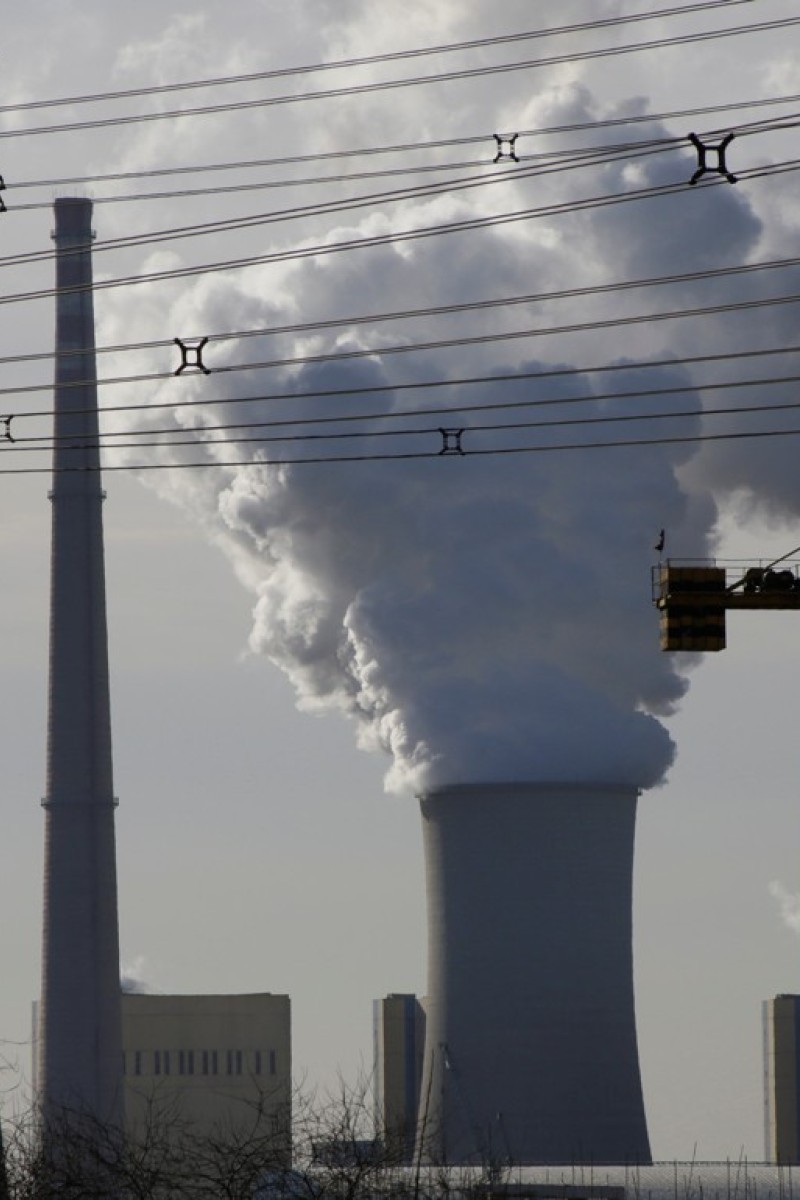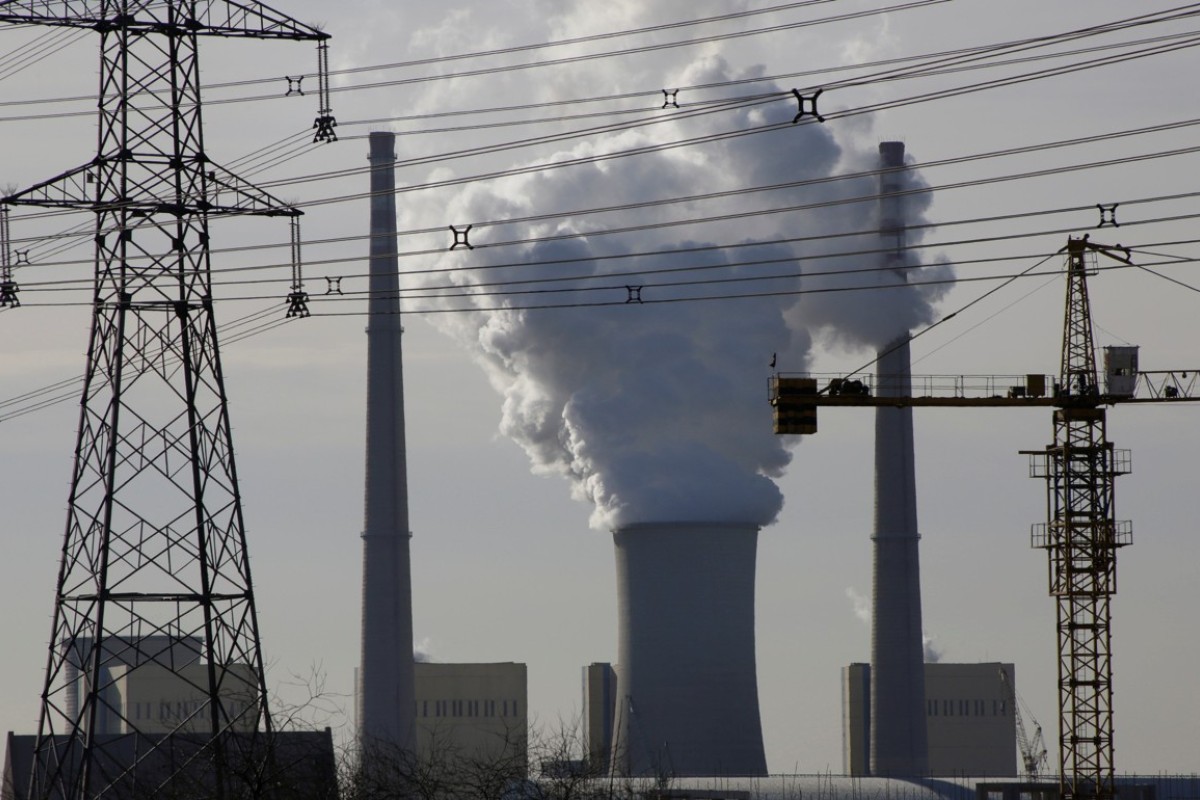
Even though Beijing and New Delhi have each cancelled more than 50 per cent of planned coal-fired power plants, global coal investment continues to soar.
 The ability to reign in global warming may depend on curbing the growth in coal-based energy in developing countries.
The ability to reign in global warming may depend on curbing the growth in coal-based energy in developing countries.Issue 3
When nations gathered for climate talks in Poland in December, the message was clear: the world remains well off target when it comes to promises to begin cutting the greenhouse gas emissions that fuel climate change.
The expected increase, which would bring fossil fuel and industrial emissions to a record high of 37.1 billion tonnes of carbon dioxide per year, is being driven by nearly 5 per cent emissions growth in China and more than 6 per cent in India, researchers estimated, along with growth in many other nations throughout the world.
In the midst of this, there are concerns that the shift of low-value, energy-hungry manufacturing from China and India to coal-powered economies with even lower wages could be bad news for the fight against climate change.
Many of the industries that helped propel China and India’s phenomenal economic growth – textiles, apparel, basic electronics – are moving to Vietnam, Indonesia, and other developing nations investing heavily in a coal-powered future.
2 billion children worldwide are breathing in toxic air, warns UNICEF
Even though Beijing and New Delhi have each cancelled more than 50 per cent of planned coal-fired power plants, global coal investment continues to soar.
“This trend may seriously undermine international efforts to reduce global greenhouse gas emissions,” said Dabo Guan, a professor of climate change economics at the University of East Anglia in Britain.
A study has shown that money earmarked for coal development in Egypt has increased eightfold since 2016, while it has nearly doubled in Pakistan. The study also notes that China is increasingly investing in coal-fired power plants abroad.
Edited by M. J. Premaratne
Question prompts:
- Should developing countries slow down their economic growth because of climate change? Explain.
- In your opinion, what single action should the world take to reduce global warming?
